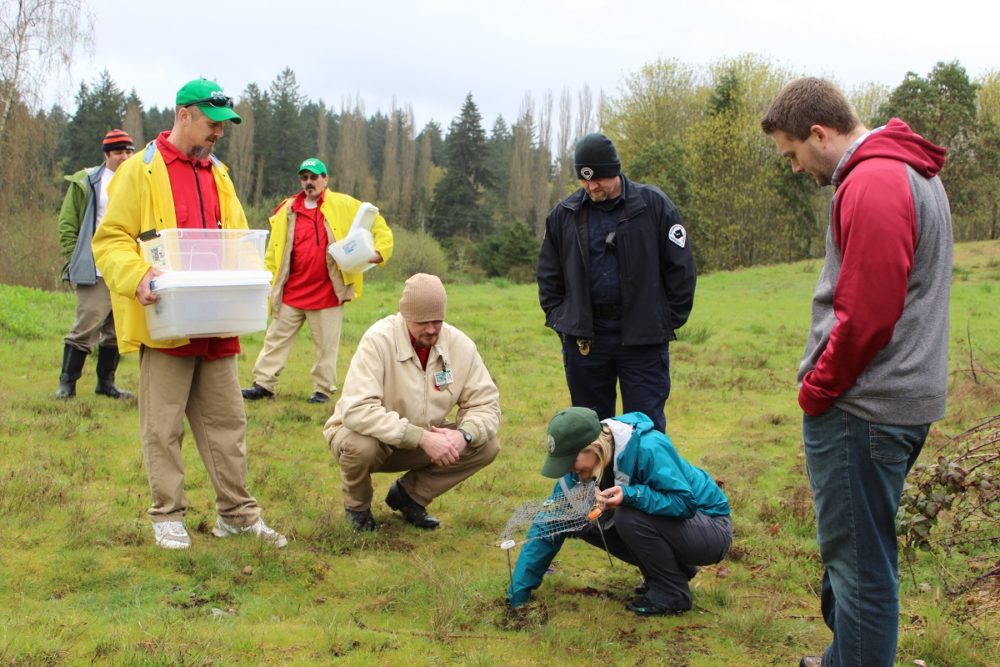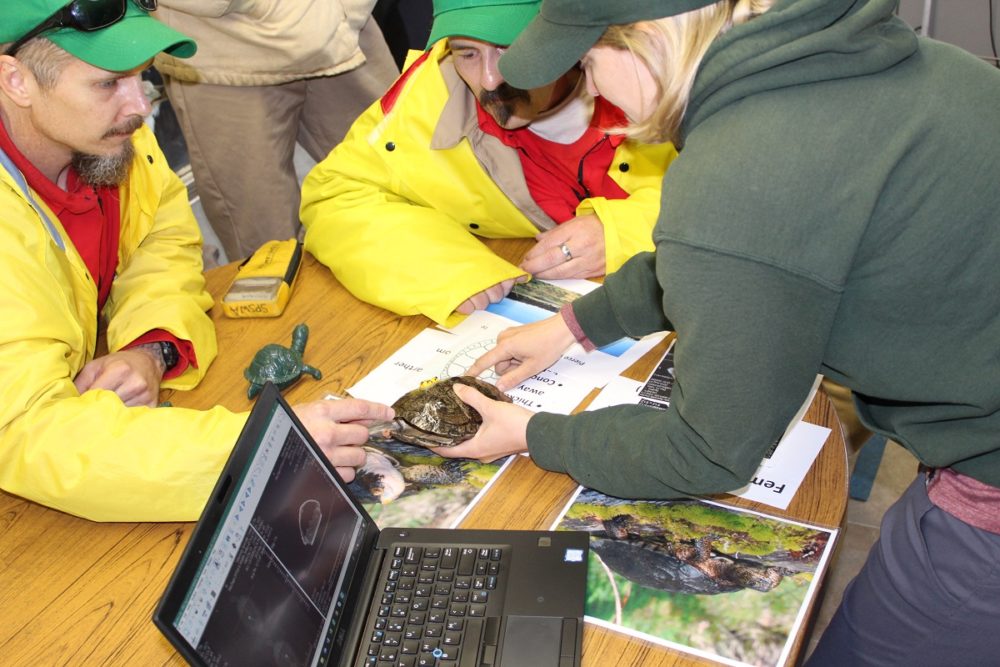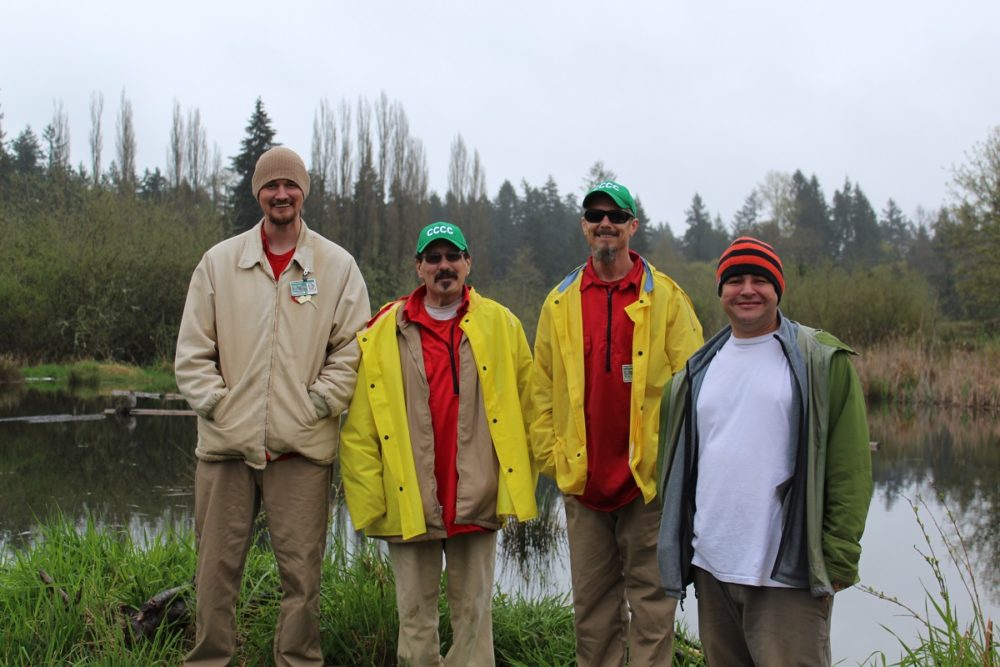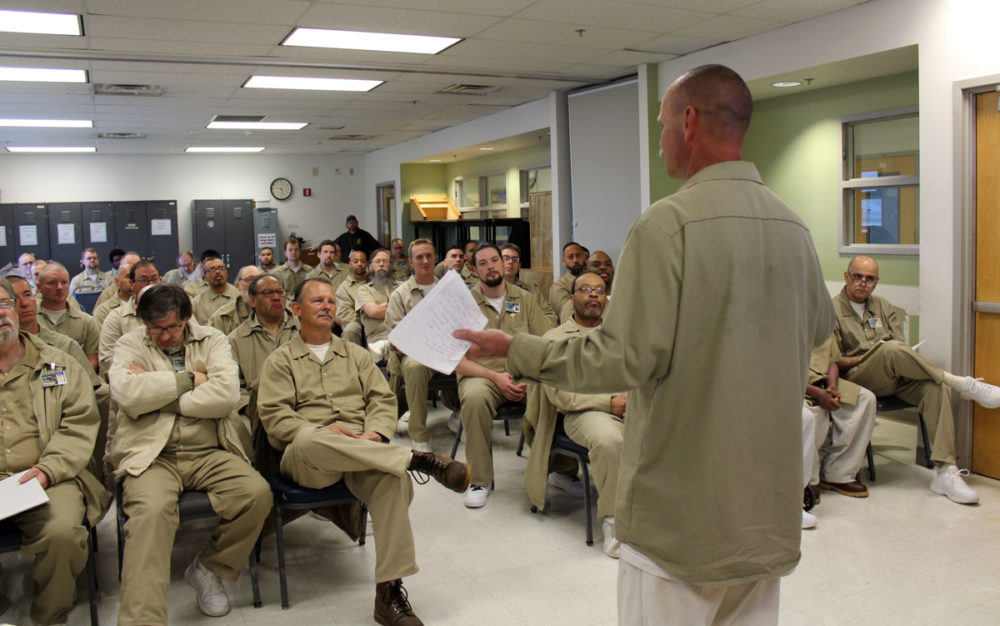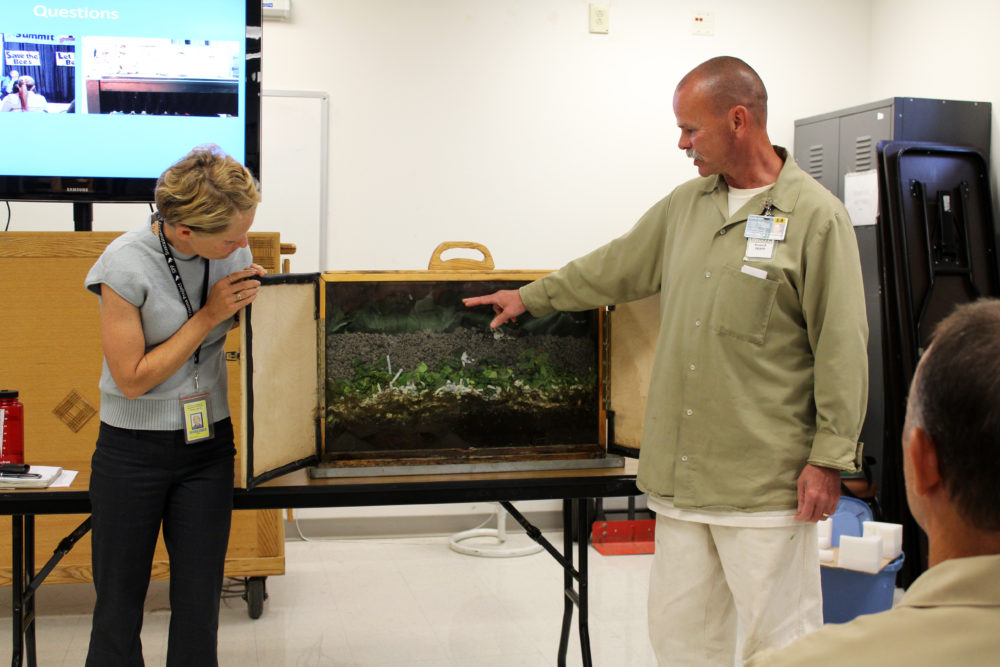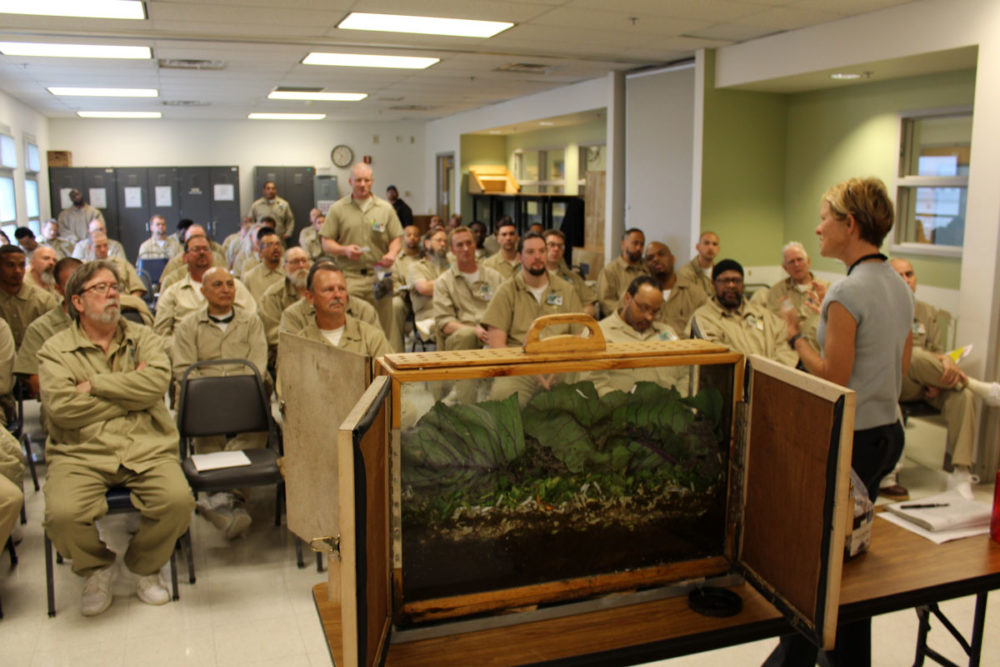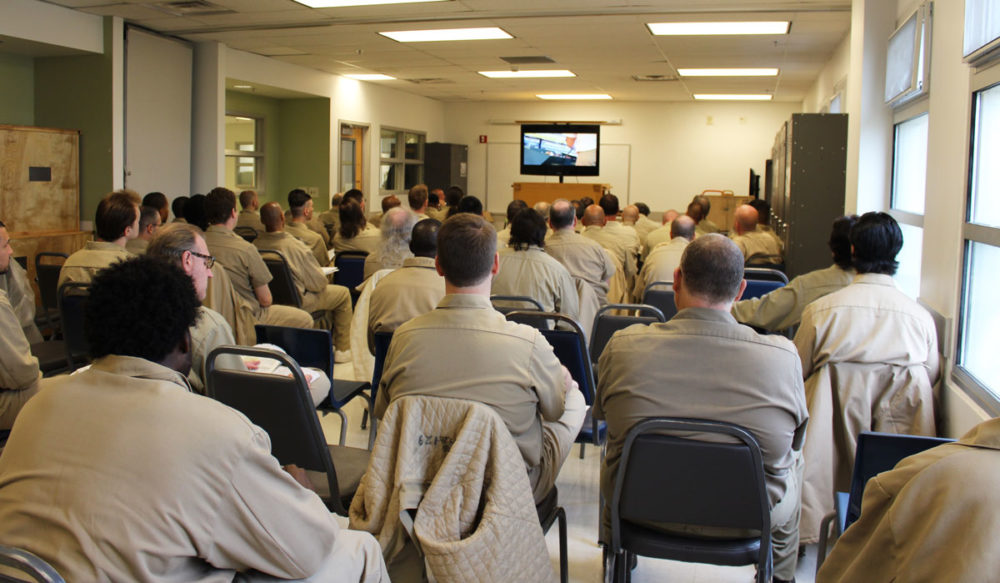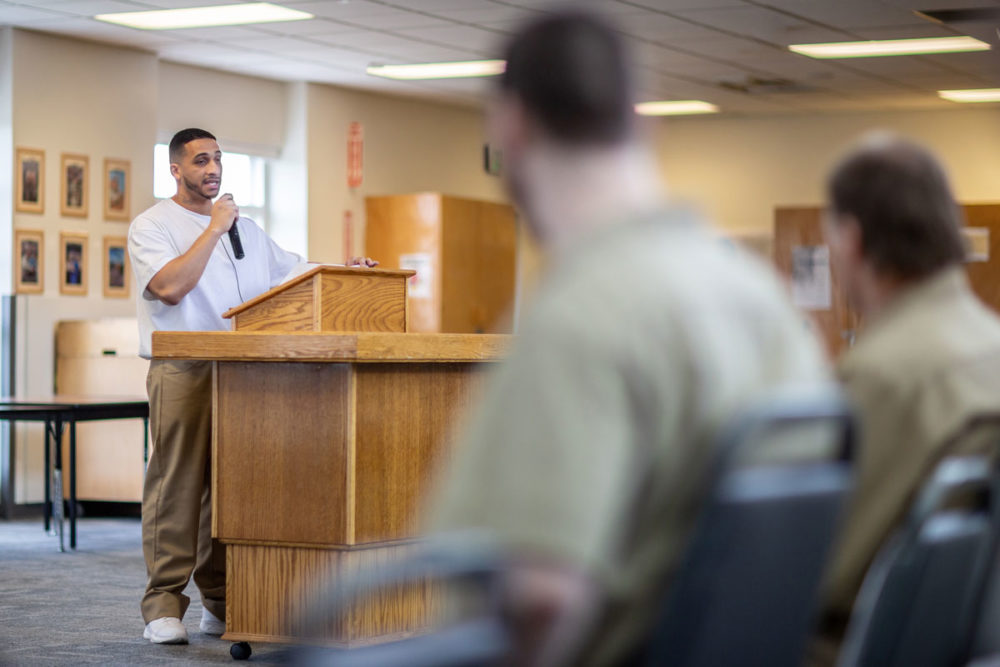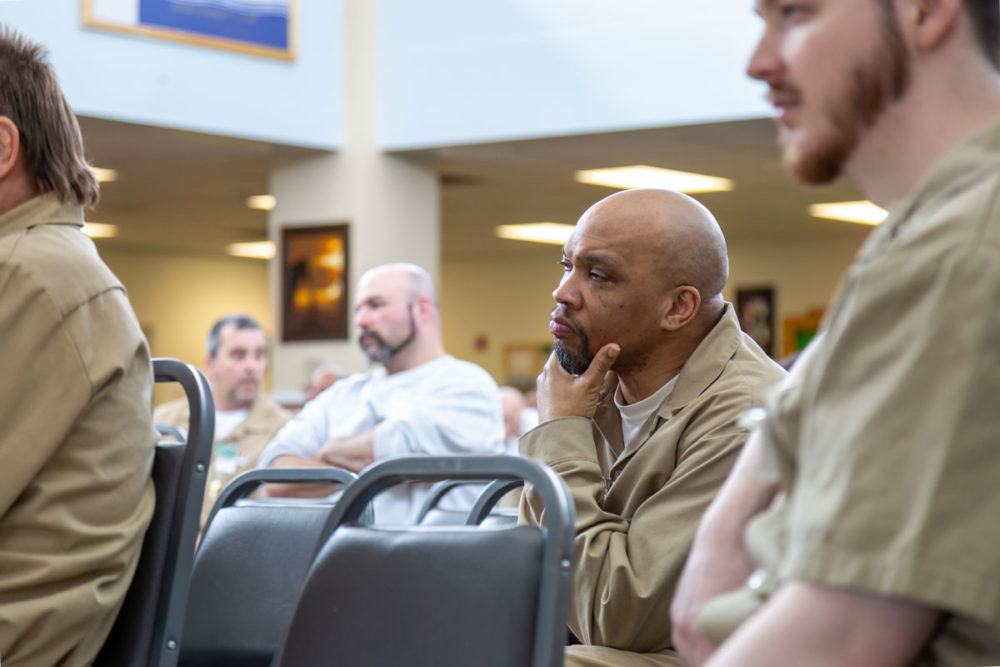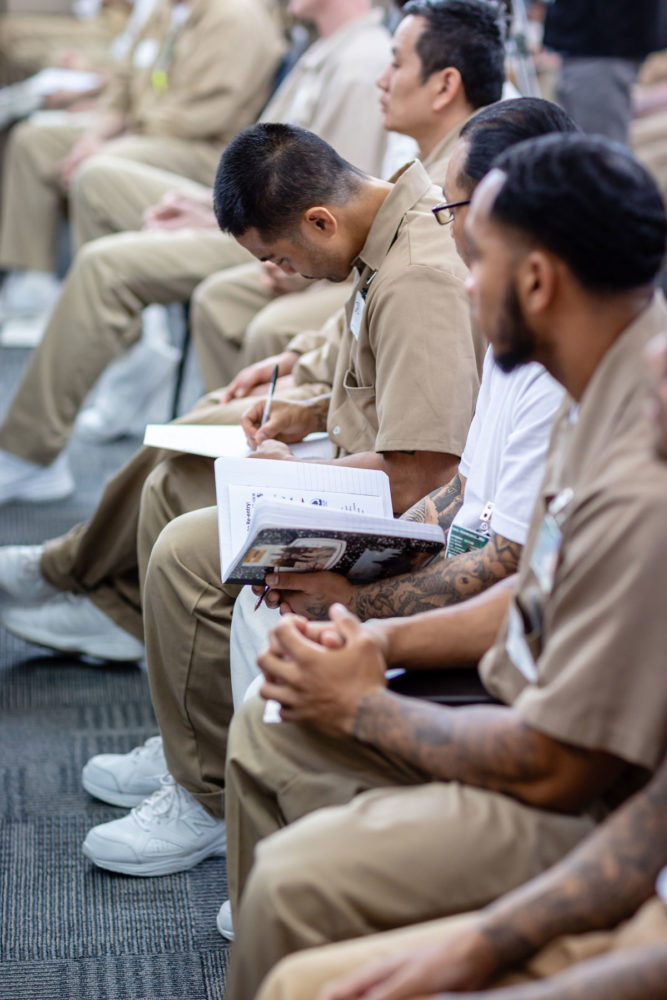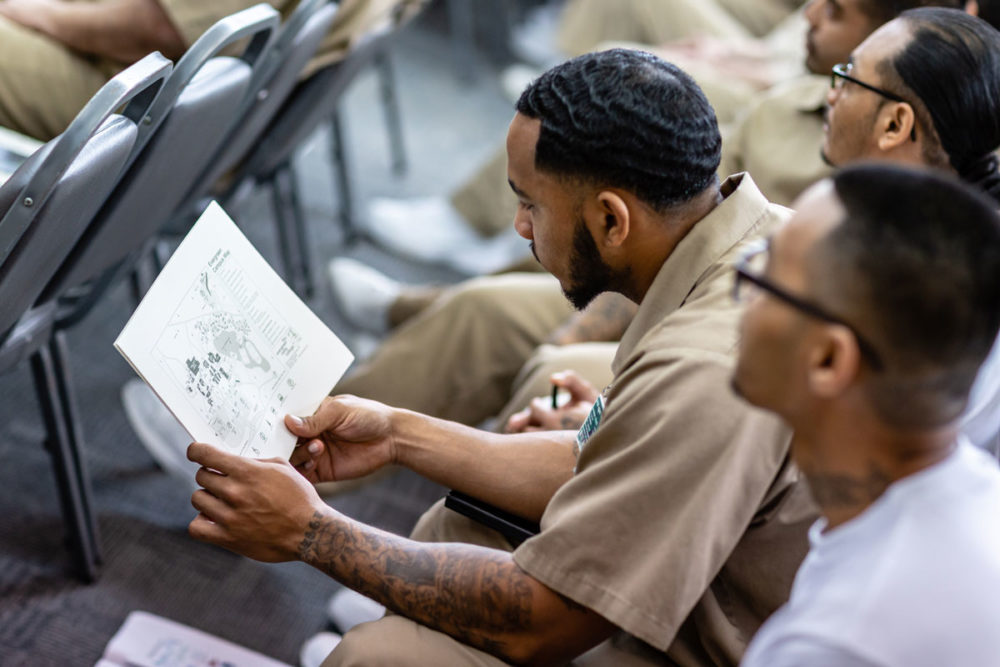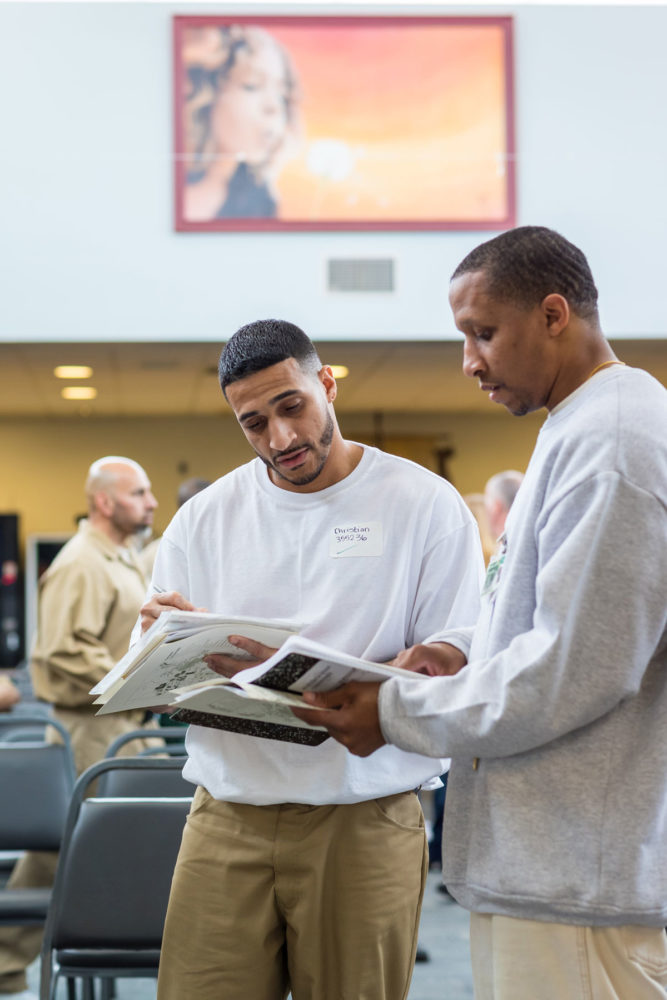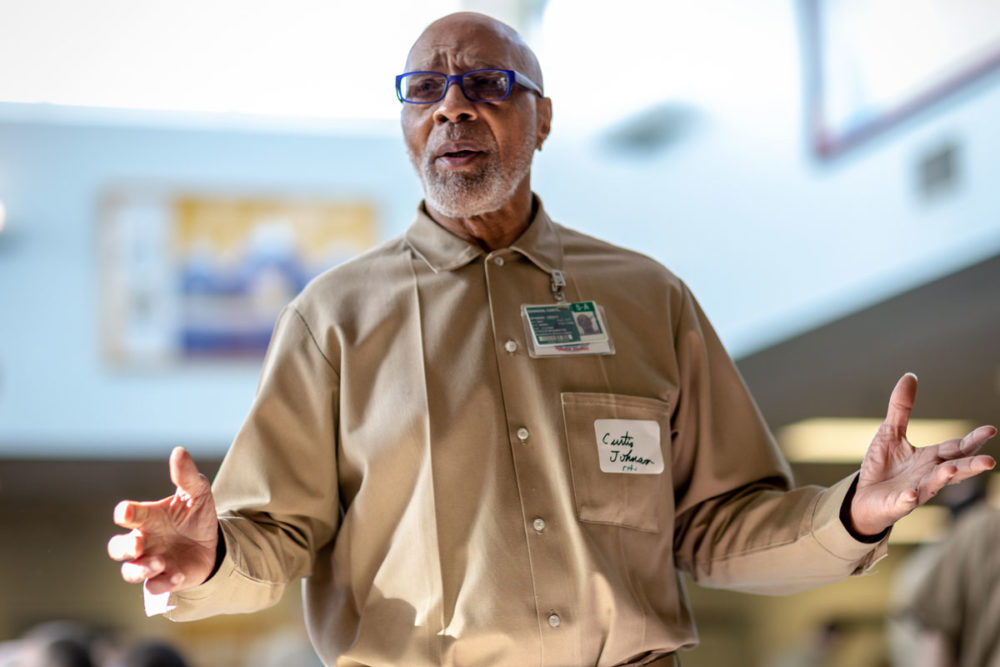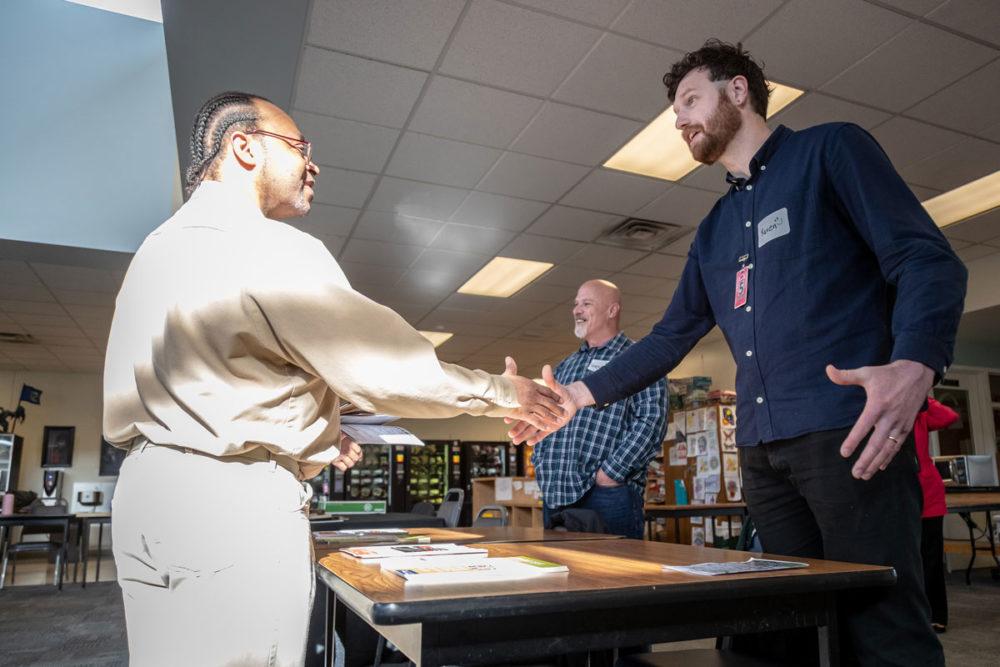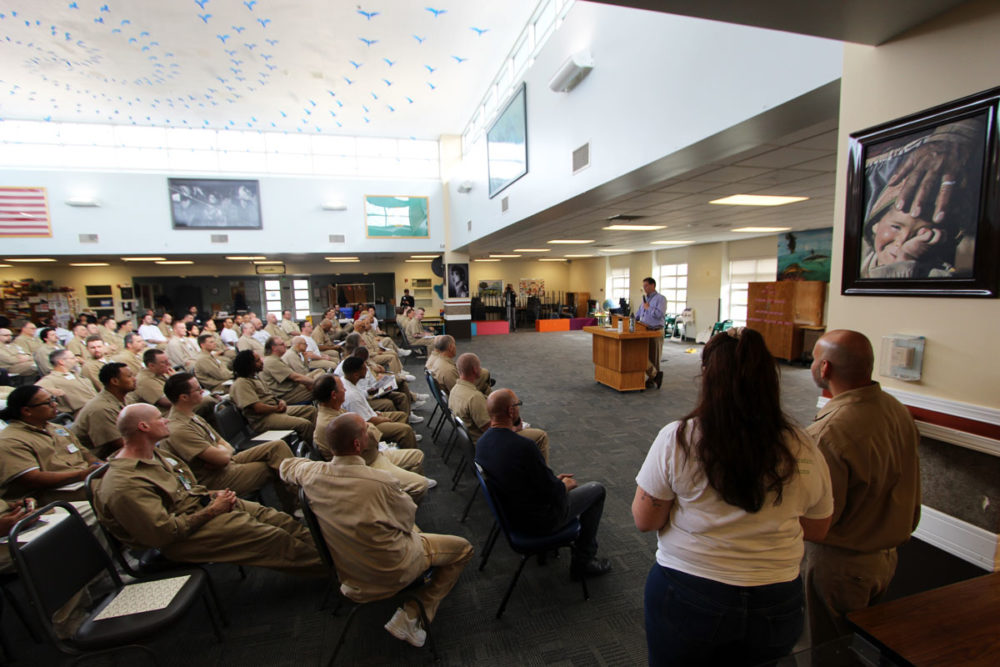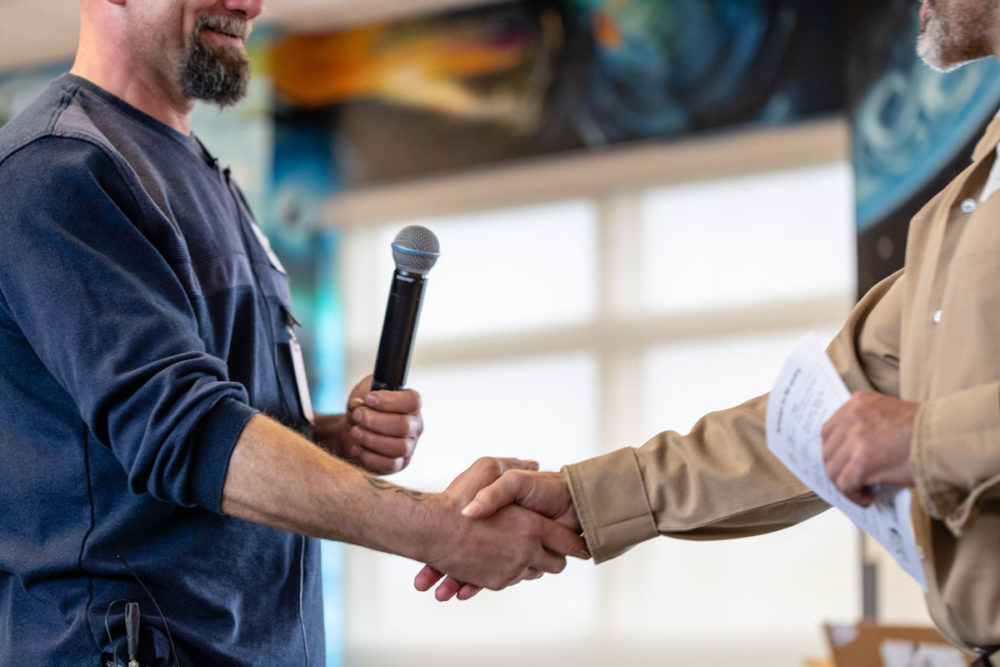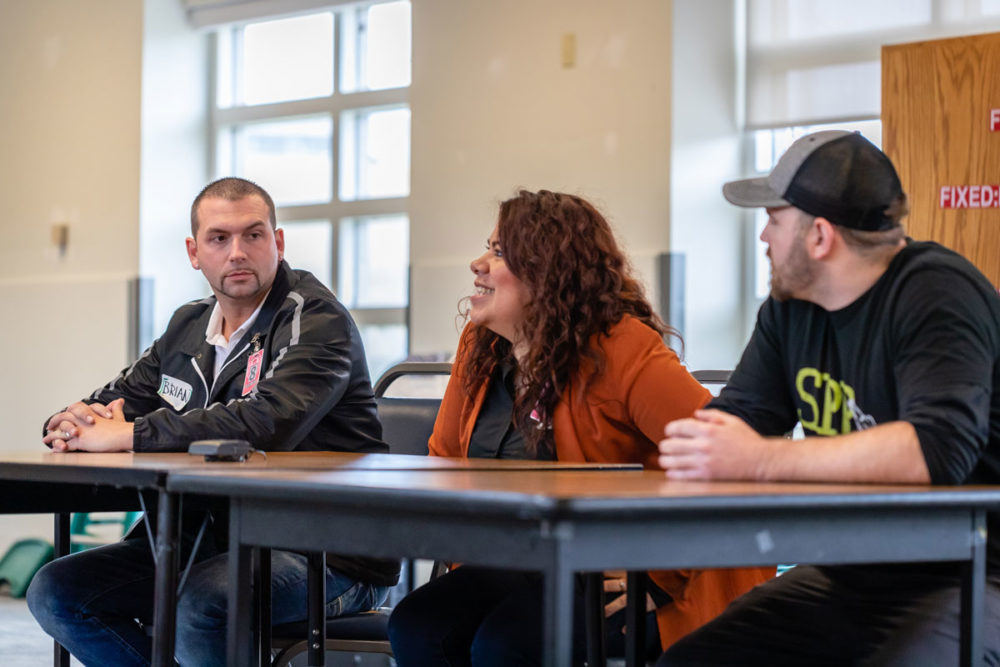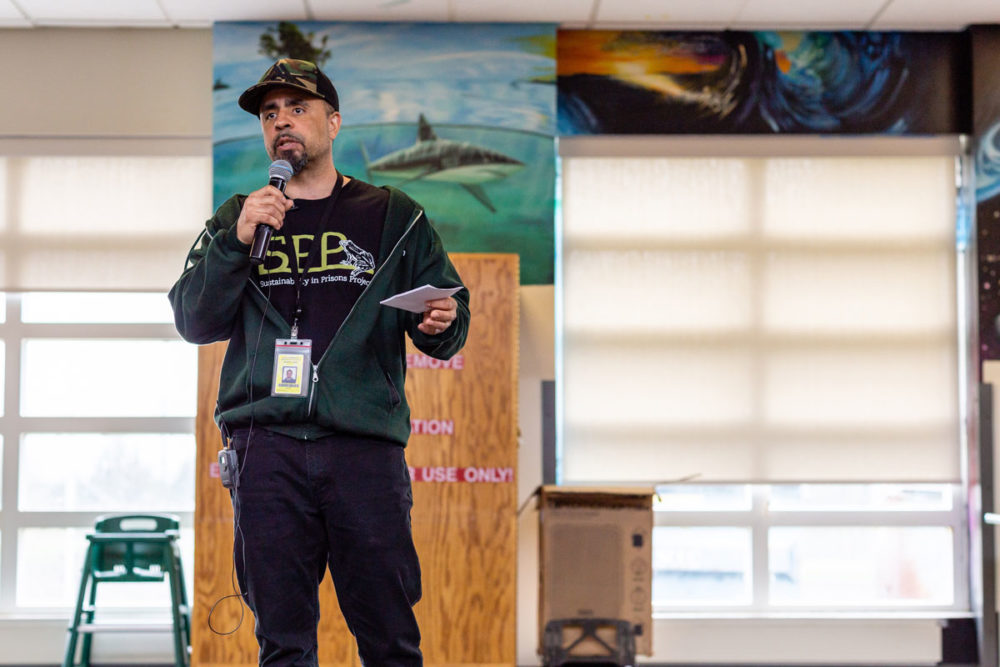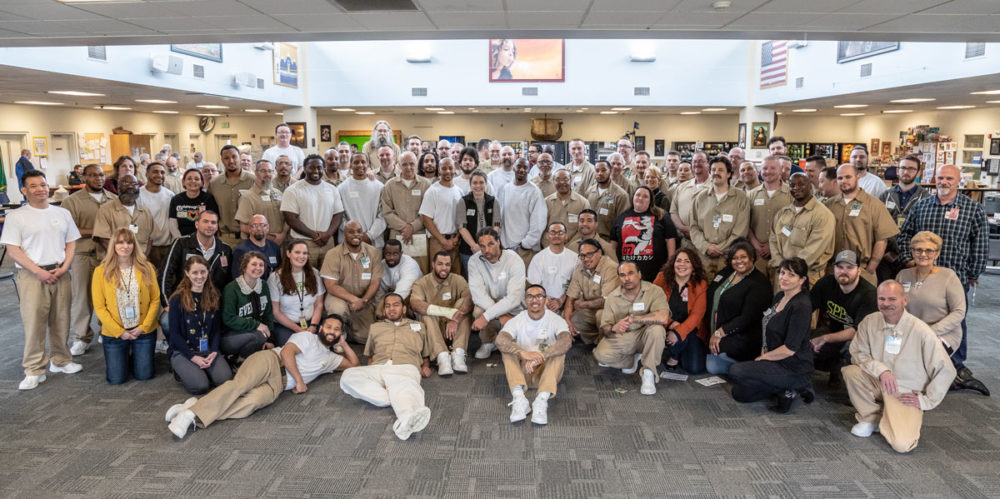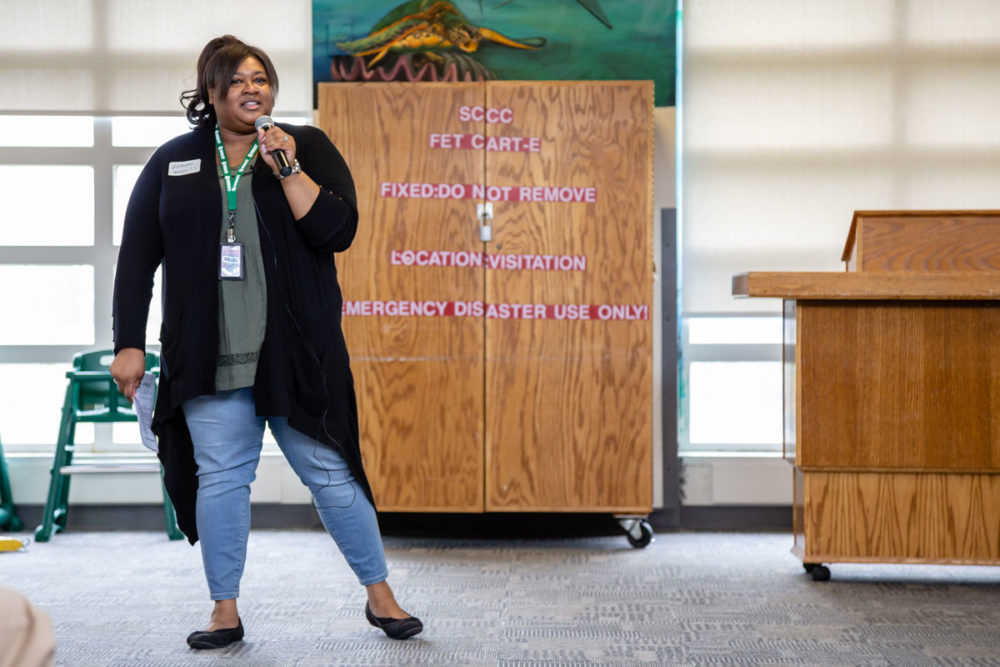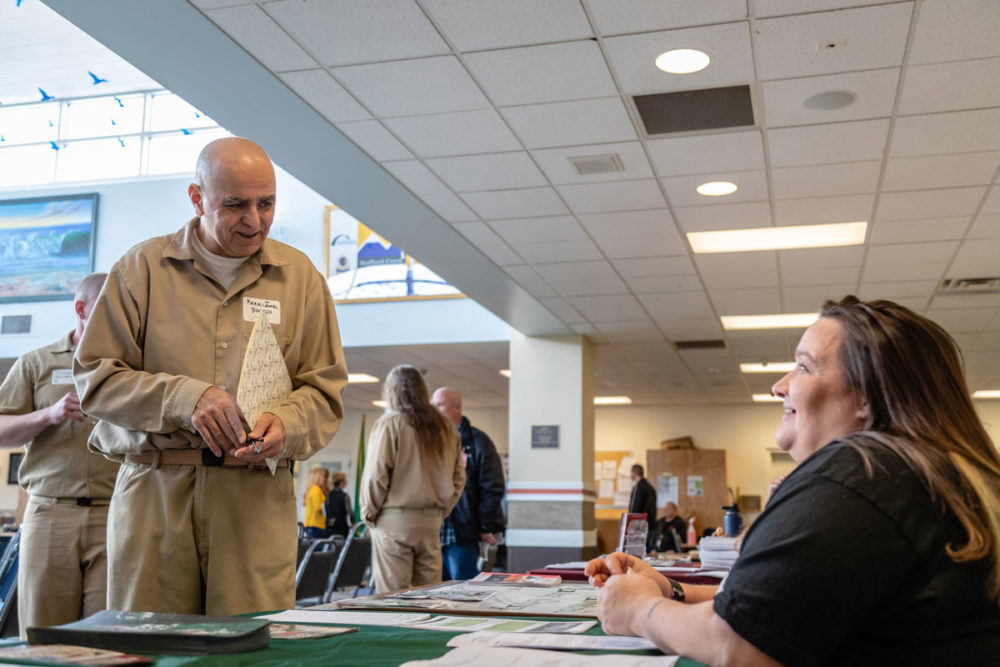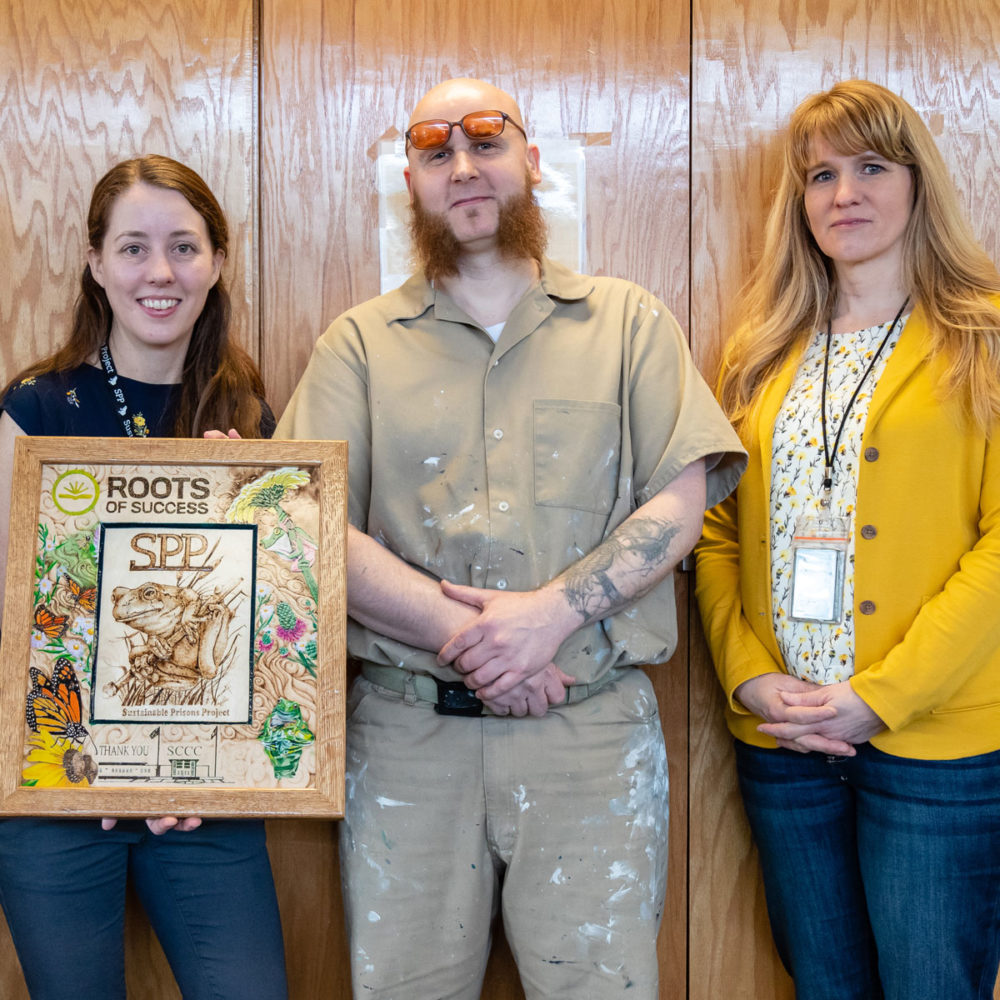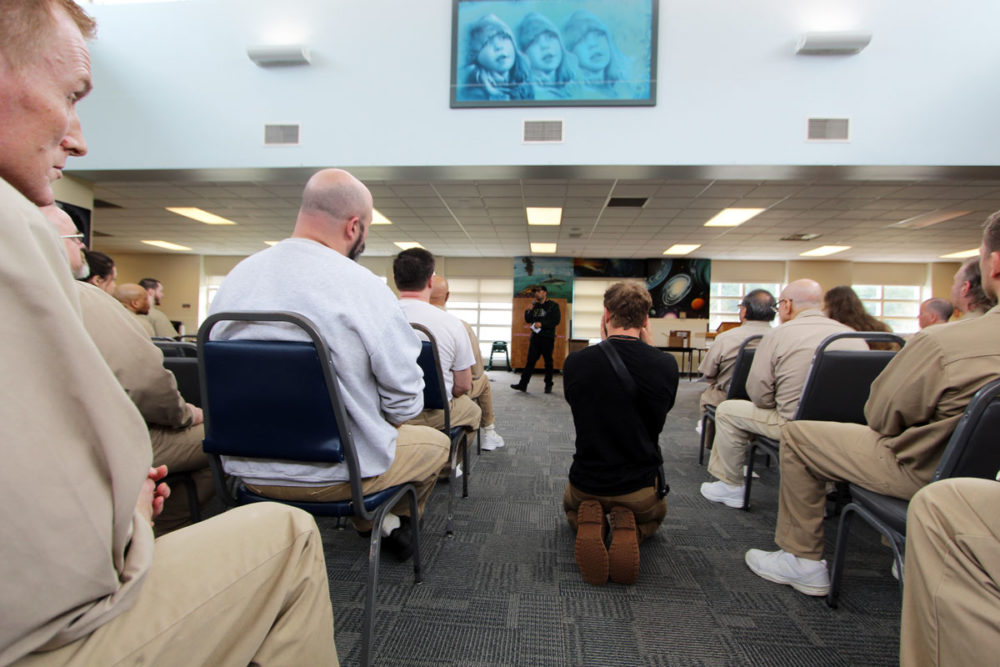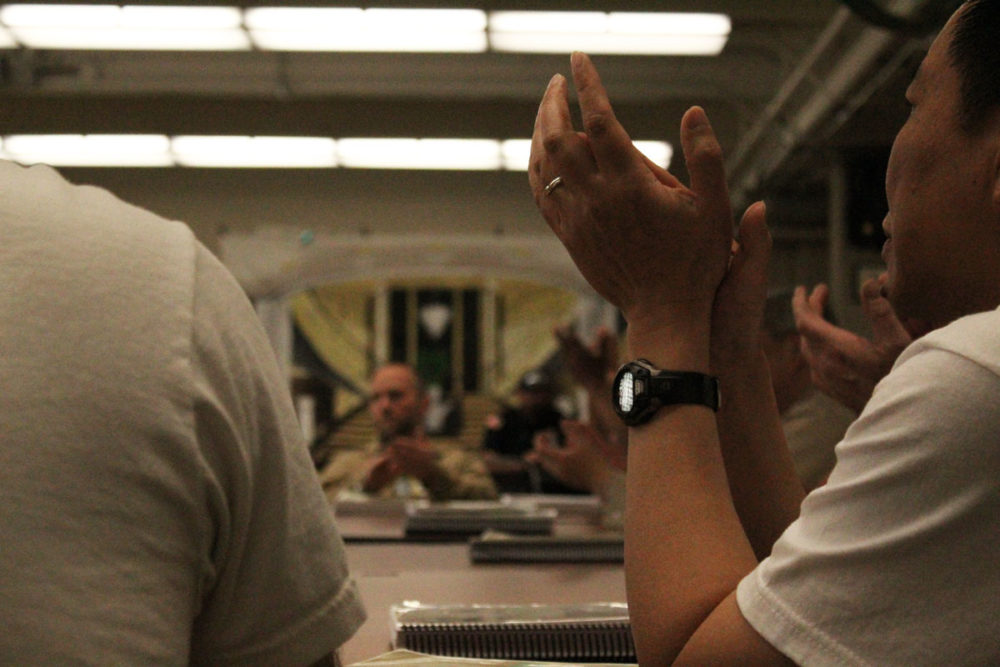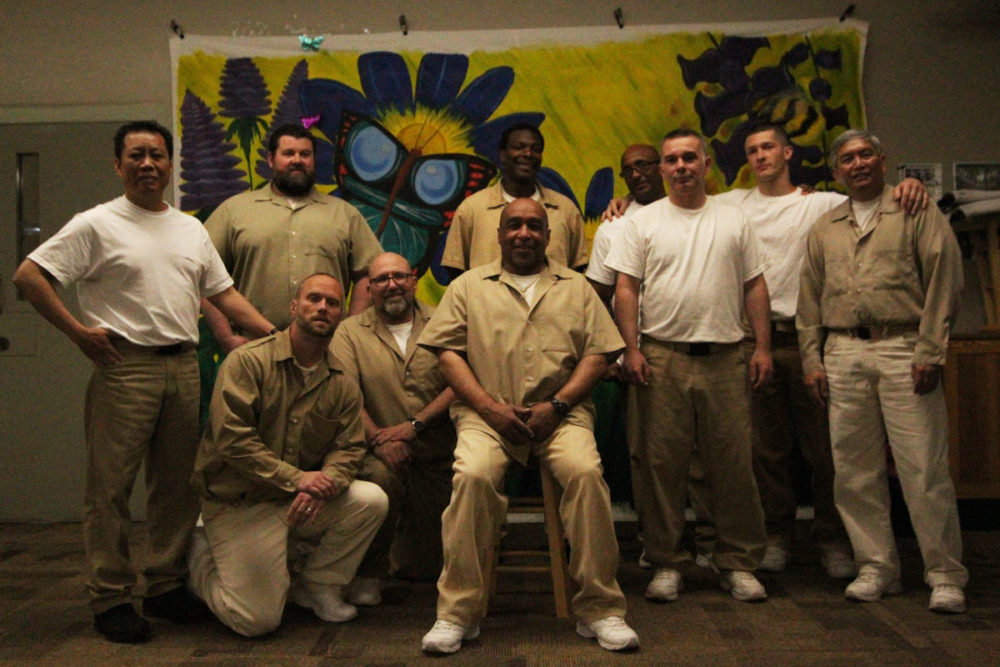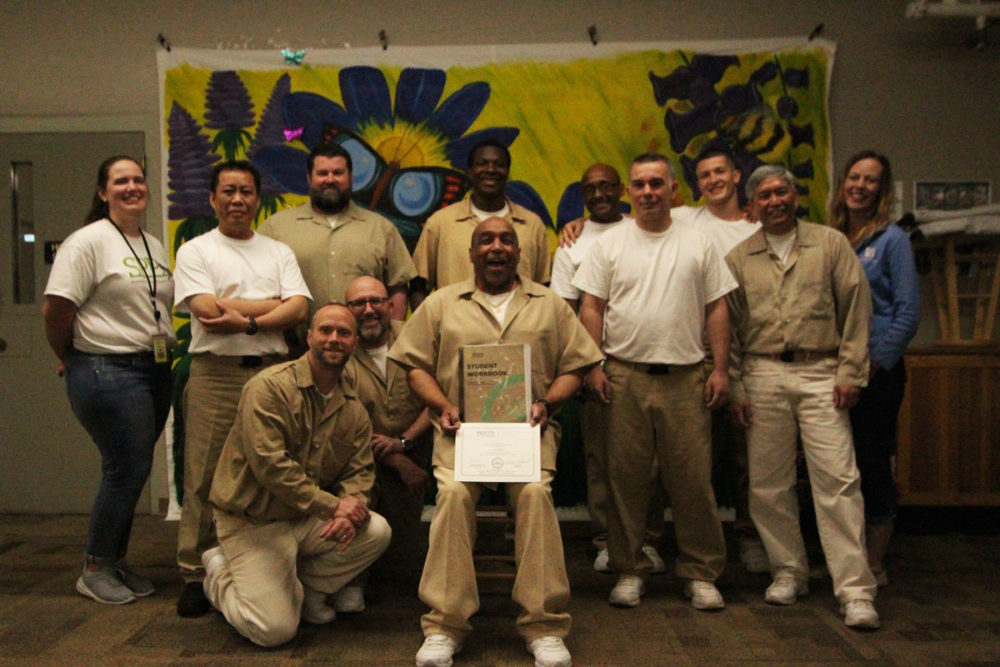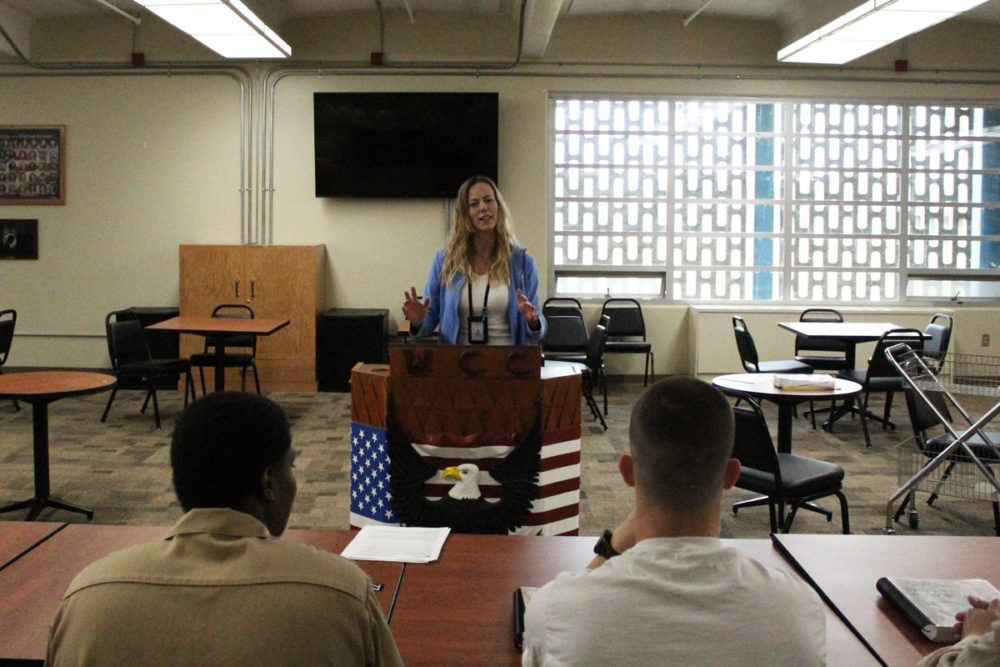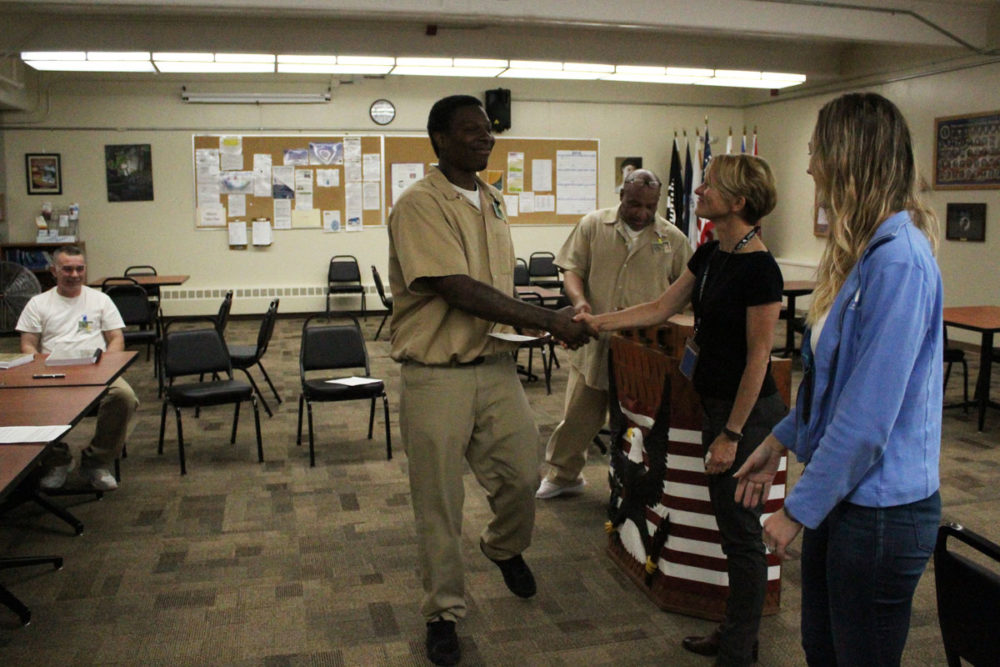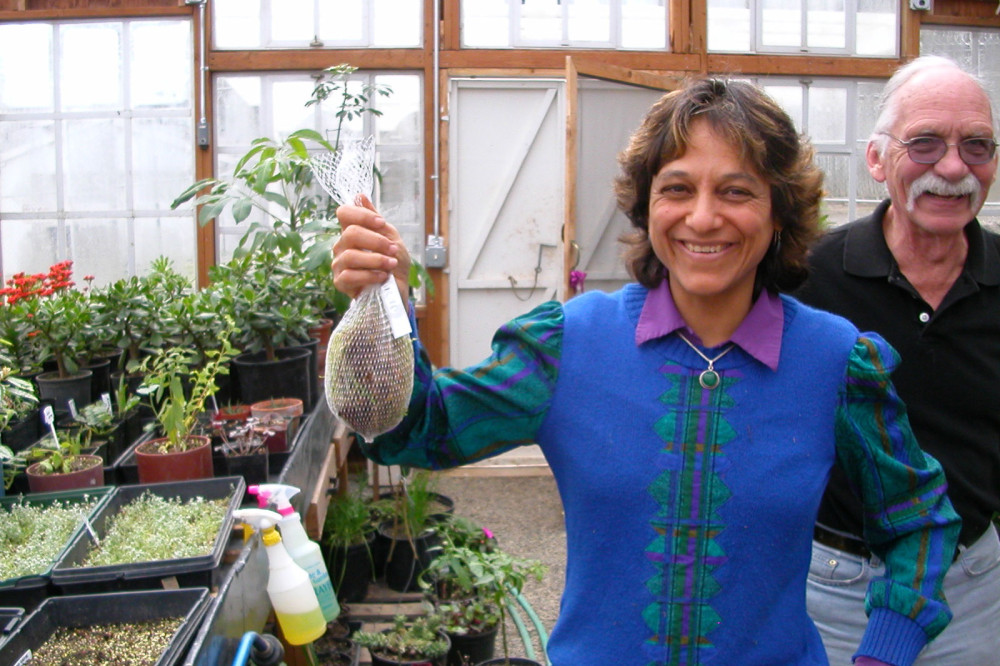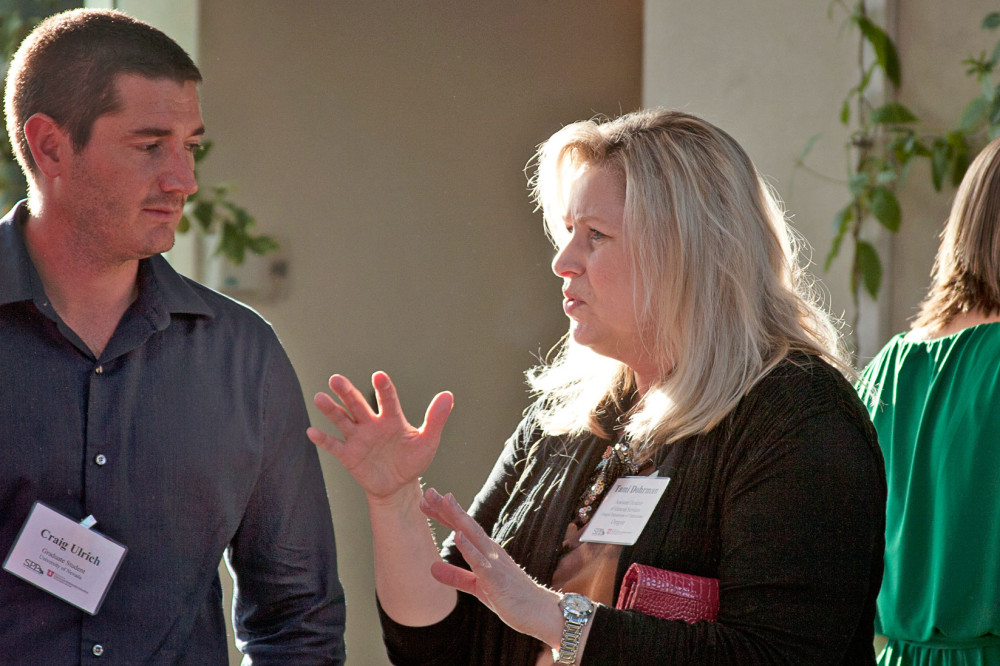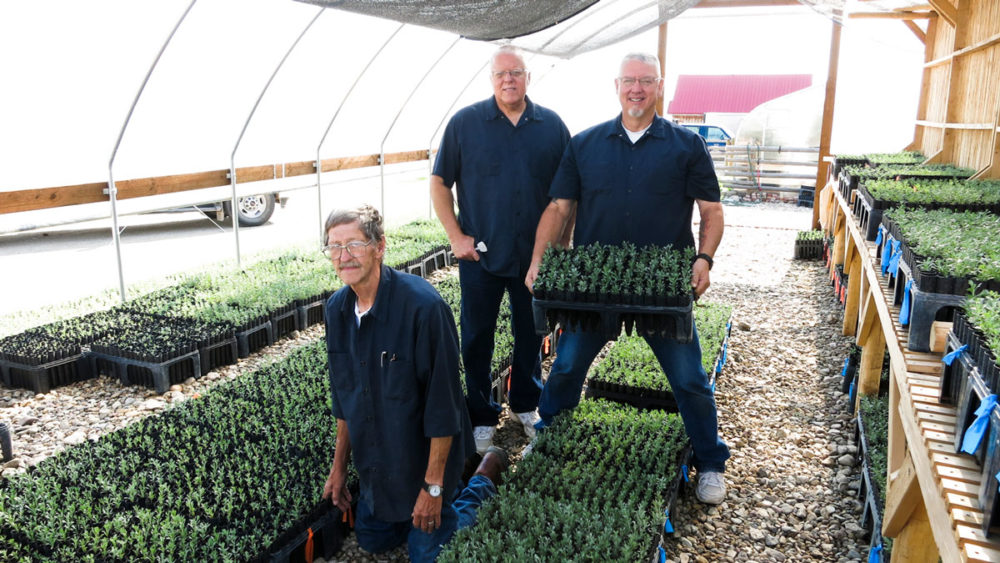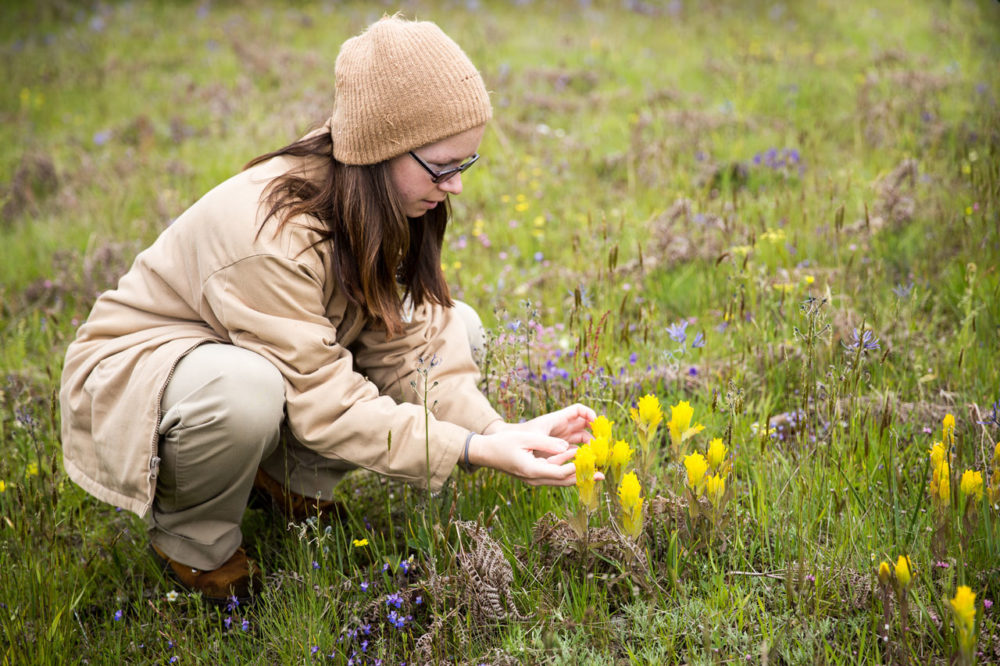By Situe Fuiava, SPP Conservation Technician at Washington Corrections Center. Mr. Fuiava wrote this piece in response to a call for writing on “science in prison.”
Note: please be aware that individuals featured in this story and in these images have victims who are concerned about re-victimization; any sharing or promoting should keep that risk in mind.
My name is Situe Fuiava and I have been incarcerated since the age of 16. When I first came into prison I only knew about street knowledge. I didn’t really know much about anything academically let alone science.

What led me to this path of learning is when my nephew asked me to help him with something in school. I couldn’t even answer him. I glamourized and answered everything he asked me about the streets, but could not give him anything academically. That was one of the worst feelings I have ever felt. That was when the light finally turned on for me. I knew that I had to change something before I was going to have a family reunion in prison instead of the community.
During my time of incarceration, one of the programs that dramatically changed my life is the Sustainability in Prisons Projects (SPP). The SPP program is responsible for involving incarcerated individuals in multiple sustainable programs in the United States. In Washington State, in conjunction with Joint Base Lewis-McChord (JBLM) and the Center for Natural Lands Management (CNLM), this program is working towards the restoration of prairies in the greater Northwest. To assist with the program, at Washington Correction Center (WCC) incarcerated individuals work with the largest violet nursery in the world. We also have created the very first demonstration prairie in Department of Corrections (DOC).


I love that we have our own demonstration prairie garden here at this facility because it shows everyone the relationship between the violets and other species that are also found in the prairies of the South Puget Sound area. For me, the best ways of learning and teaching about prairies is by providing hands-on experiences and allowing people to see what happens in a natural prairie. This teaches us what species grow best around the violets and what species are not as beneficial for them. This is one of the few times being incarcerated has been a benefit to me. Having the ability to care for the violets around the clock (besides weekends) is pleasant as well as challenging. We have the ability to sustain life. We built the demonstration garden in 2018 and have seen it flourish in the first season. This is our way of teaching and learning; science in its finest form.
I have worked in many places in the prison system. Some of my jobs have been gym porter, barber, kitchen worker, unit porter, dayroom porter, and plumber. Only now do I have a job that challenges me mentally.
A good brother of mine was already working in the program introduced me to the SPP program and horticulture program. I decided to go into it without expectations and have an open mind. I was eager to learn something new and further my academic education, but I did not want to expect to get something from it and end up disappointed.
This job has been the best I have had. It gives me the opportunity to work and to gain knowledge I would have never taken the time to learn otherwise. Since starting my job with the SPP program, I’ve taken classes on bee handling, record keeping, seed germination, stratification process, transplanting, watering techniques planting depth, how to check the soil, water P.H levels, and when the first and last frost are so that we know when to sow.
I have also learned that everything is connected in one way or another. Everything has the same needs. These are things that we might not understand because we did not grow up learning them. All matter on earth is made up of one or more of the 118 chemical elements that are found on earth. The chemical element carbon is essential to everything because it is the building block for all living organisms. Just as carbon is vital to the foundation of an organism, water is also needed to sustain life on earth. We need soil because the soil is the building block for the evolution of vascular plants. Vascular plants played a big role in a plant’s ability to live further away from water. Without one of the three elements, life on earth as we know it would be nonexistent. Without carbon or water, life on earth would be stuck at the Bryophyte stage.
We need “Nature”. Nature is a great teacher of science. It has a way of creating great relationships within its own ecosystem. I find it interesting that this planet has been here for billions of years. Humans take up a small fraction of that timeline. With minimal time we inhabited the earth, we caused more harm than good to our planet. I believe that if we start paying attention to the relationships that happen organically and naturally in nature, that knowledge can give us the answer of how to prolong our time on earth.

Like I said, the more I learn, the more I believe that everything is connected.
When I first started talking about nature, I thought of nature as a place that hasn’t been touched or bothered by humans. I have learned that nature is everything. Nature is everything that the earth produces naturally. So if everything provided by the earth is considered nature, would we consider a manmade environment nature? If everything on earth is created on earth, why would we say that everything that is manmade isn’t nature when the things that we use to make these structures are from earth. In the wild, animals use everything within their means to survive. When we humans take from nature we take more than what we need. I believe that when we build man-made structures it’s still nature as long as it has a way to give back to nature, instead of just leeching off the eco-system.
When I think of sustainability I think of the ability to keep life going. What we are doing here at Washington Corrections Center is helping with sustaining the life of the silverspot butterfly by growing Viola adunca and Viola praemorsa. With growing these species we are naturally creating an environment for the pollinators.
Someone’s in-prison experience with science can positively affect his or her choices by simply using the scientific method. Most men incarcerated are here because we tend to make claims without even having any evidence to back up what we claim to have been real or true. If we are never taught to research or question what we learn, it can have a negative effect on our behanviors. What we display on a day-to-day basis are learned behaviors. If we are raised up and we see everyone doing the same thing, whether right or wrong, we automatically think it’s the norm.



















